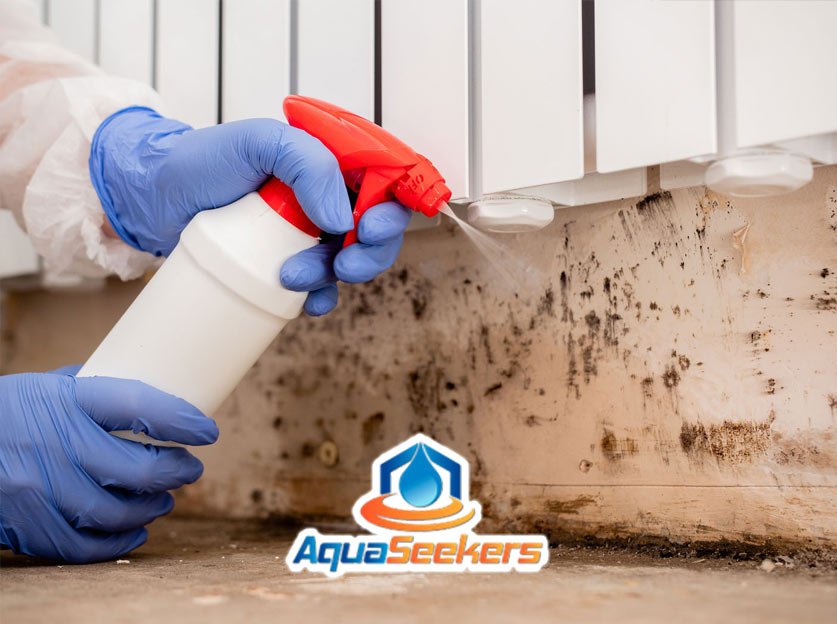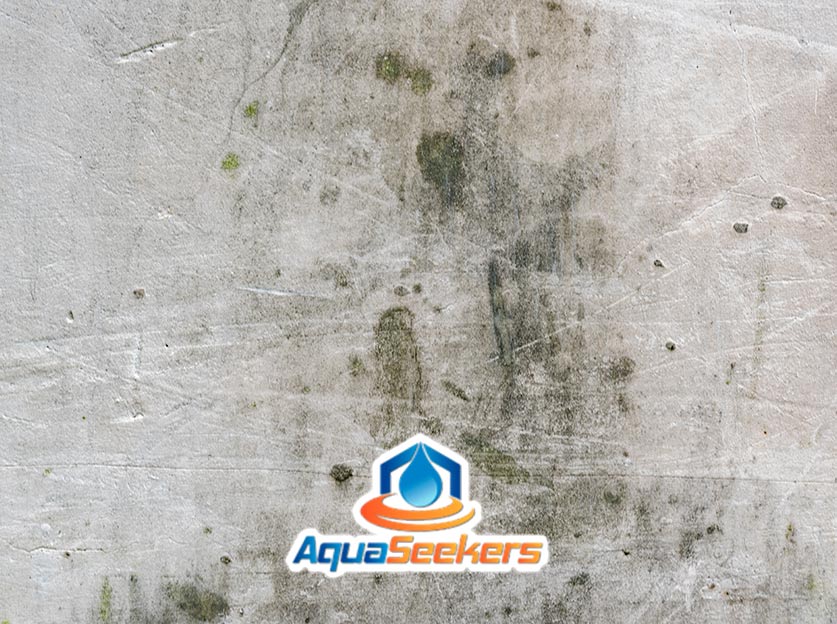
Mold Facts and its Remediation process
September 26, 2022
Tips to Prevent Mold in Your House
March 22, 2023Clearing the Air: How Mold Testing and Airquality Assessments Ensure a Healthy Living Environment
The air we breathe directly impacts our health and well-being, making it crucial to ensure that our living spaces maintain high indoor air quality. Mold, a common indoor pollutant, can have adverse effects on respiratory health and overall wellness. To create a healthy living environment, the importance of mold testing and air quality assessments cannot be overstated. In this article, we explore how these assessments play a pivotal role in safeguarding our health and promoting a healthier lifestyle.
- Understanding the Threat of Mold
Mold is a type of fungus that thrives in damp and humid environments, making homes and buildings susceptible to its growth. Beyond causing damage to structures, mold releases spores into the air, which can lead to respiratory issues, allergies, and other health concerns. Identifying the presence of mold is essential for mitigating its impact and ensuring a safe living environment. - Mold Testing: A Comprehensive Approach
Mold testing involves the systematic assessment of indoor spaces to identify the presence of mold spores and determine the type and concentration. This process is crucial for early detection and prevention of mold-related issues. Various methods, such as air sampling, surface sampling, and moisture testing, are employed to provide a comprehensive analysis of mold levels within a property. Mold testing serves as the foundation for effective mold remediation strategies. - Early Detection for Health Protection
Early detection of mold through testing is vital for protecting the health of occupants. Mold spores, when inhaled, can lead to respiratory problems, allergic reactions, and other health issues. By identifying mold in its early stages, homeowners can take proactive measures to address the problem before it escalates, preventing potential health risks and minimizing the need for extensive remediation. - Preserving Property Value
Mold not only poses health risks but also poses a threat to the structural integrity of buildings. Mold infestations can lead to damage to walls, ceilings, and other surfaces, diminishing the overall value of the property. Regular mold testing helps preserve property value by allowing homeowners to address mold issues promptly, preventing extensive damage and potential financial losses.
- Air Quality Assessments: A Holistic Approach
While mold testing specifically targets the identification of mold, air quality assessments take a broader approach, evaluating various factors that contribute to indoor air quality. These assessments encompass the analysis of pollutants such as dust, allergens, volatile organic compounds (VOCs), and other airborne particles. By assessing the overall air quality, homeowners gain insights into potential sources of pollution and can implement measures to enhance the well-being of occupants. - Identifying Allergens and Irritants
Air quality assessments help identify allergens and irritants that may be present in indoor spaces. Dust mites, pet dander, pollen, and other particles can trigger allergies and respiratory issues. Knowing the specific allergens present allows homeowners to take targeted actions to reduce exposure and create a healthier living environment for individuals with sensitivities. - Improving Ventilation and Circulation
Proper ventilation is crucial for maintaining good indoor air quality. Air quality assessments provide valuable information about the effectiveness of ventilation systems and air circulation within a property. This insight allows homeowners to make informed decisions about optimizing ventilation, introducing air purifiers, or implementing other measures to enhance air quality. - Creating a Healthier Living Environment
The ultimate goal of mold testing and air quality assessments is to create a healthier living environment. By identifying and addressing potential threats to air quality, homeowners can ensure that their spaces support overall well-being. A healthy living environment contributes to improved respiratory health, better sleep, and a reduced risk of health issues associated with indoor pollutants.
So, mold testing and air quality assessments are indispensable tools for ensuring a healthy living environment. By proactively identifying and addressing mold and other indoor pollutants, homeowners can protect the health of occupants, preserve property value, and create a space that fosters overall well-being. Regular assessments, coupled with preventive measures, empower individuals to take control of their indoor air quality and enjoy the benefits of a healthier lifestyle. In the quest for a living space that promotes well-being, clearing the air through mold testing and air quality assessments is a proactive and essential step.


